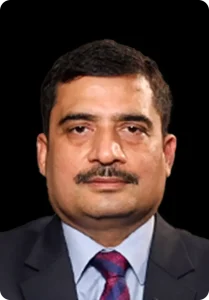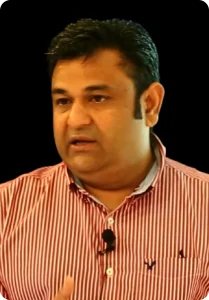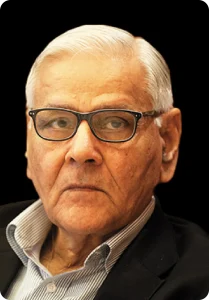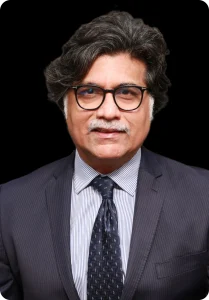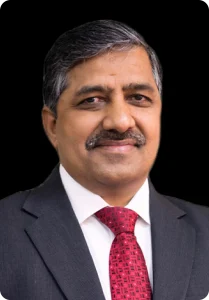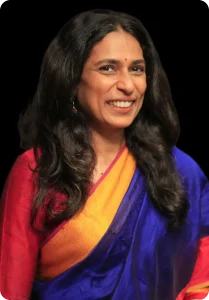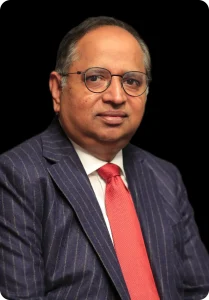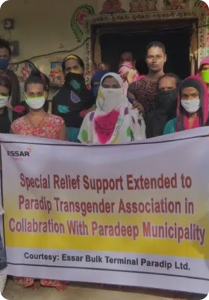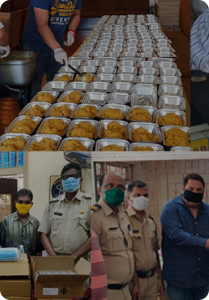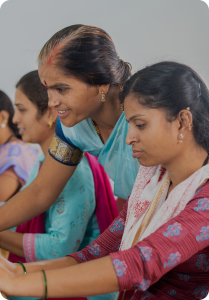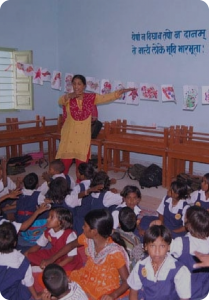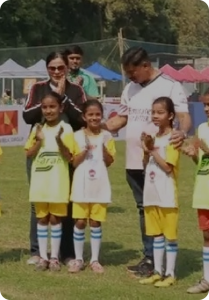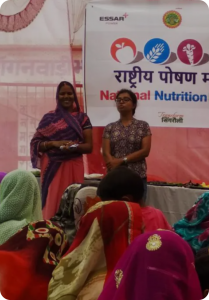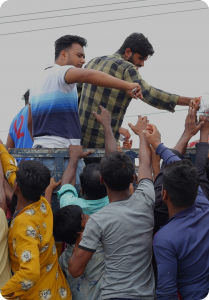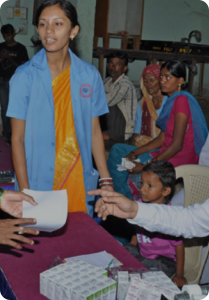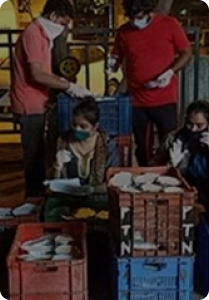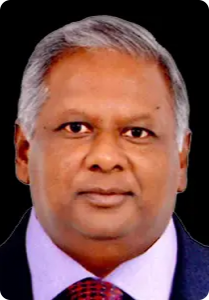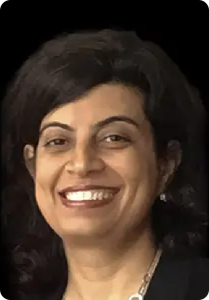24th January is celebrated in India as the National Day of the Girl Child. On this occasion, we are highlighting some of Essar Foundation’s CSR initiatives that are attempting to bridge the gap.
24th January is celebrated in India as the National Day of the Girl Child. It is a day of national importance because it focuses on issues of gender equality in the spheres of education, healthcare as well as financial independence. On this occasion, we are highlighting some of Essar Foundation’s CSR initiatives that are attempting to bridge the gap.
| Scholarships to encourage young girls to remain in school |
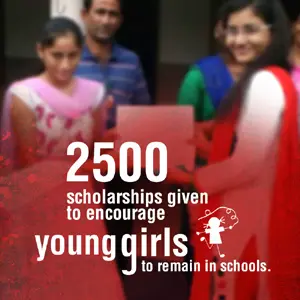
In various villages in India, Essar Foundation’s scholarship project encourages students who have promising academic records to complete school and pursue higher education. Within this framework, the Foundation ensures that girls and students being raised by single mothers and women-headed families are included in the list.
Over the past few years, the number of young girls who have received scholarships has steadily increased. In some cases an account has been created for the student at the local post office so that they have easy access to the scholarship funds.
This initiative has helped decrease the number of dropouts from government schools, where female students have been known to drop out early.
Sanitary packets delivered to young girls in rural areas
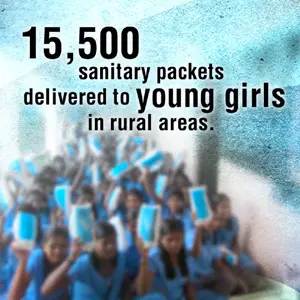
To spread awareness about menstrual hygiene among rural women and adolescent girls, Essar Foundation set up a production unit for sanitary pads, with the help of the women’s self-help group, Maa Danteshwari, at Palnar village in Dantewada district. The Foundation and SHG members got in touch with the Dantewada district administration to deliver sanitary napkins to the residential schools for girls.
The Foundation has set up a second sanitary napkin production unit in Odisha as well. This initiative helps provide livelihood to more than 30 women.
30,000 lives impacted through support towards livelihood and skill development
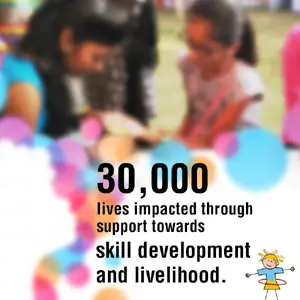
Essar Foundation supports skill development and enterprise initiatives for women. Some of these entail the making and selling of handicrafts, apparel, etc, as well as raising poultry.
Women’s employability is promoted through units like the Essar Lok Vikas Kendras, which are managed by the Foundation and focus on developing vocational skills in local communities. There are ELVKs in Gujarat, Madhya Pradesh and West Bengal.
Gujarat-based ELVKs train women in the production of apparel, home decor, and bakery items. The ELVK in Madhya Pradesh focuses on training youth in schoolbags and apparel production. The West Bengal units impart training in the traditional art of Kantha-Zardozi embroidery and schoolbag making. The ELVKS have trained hundreds of women and augmented their incomes


